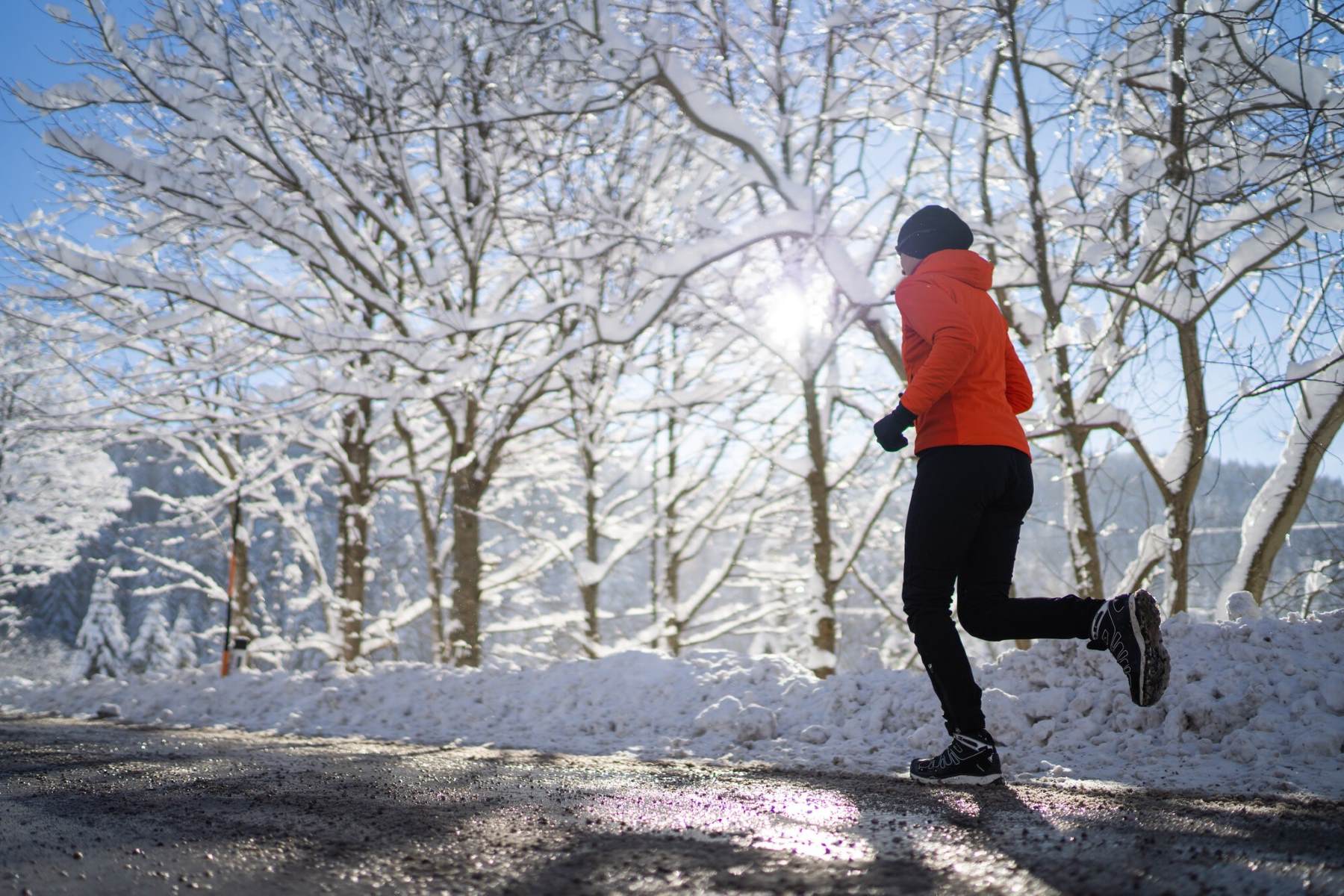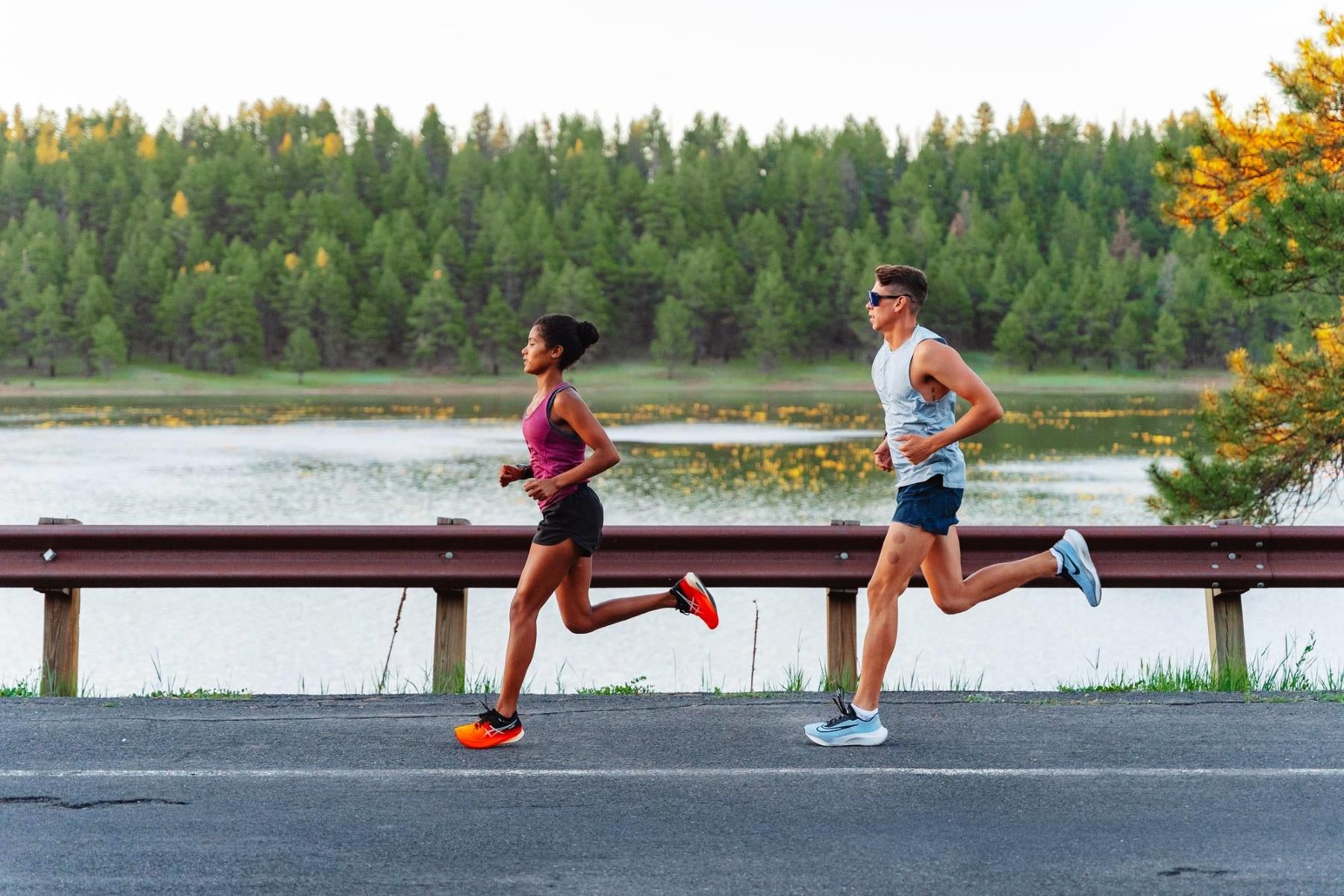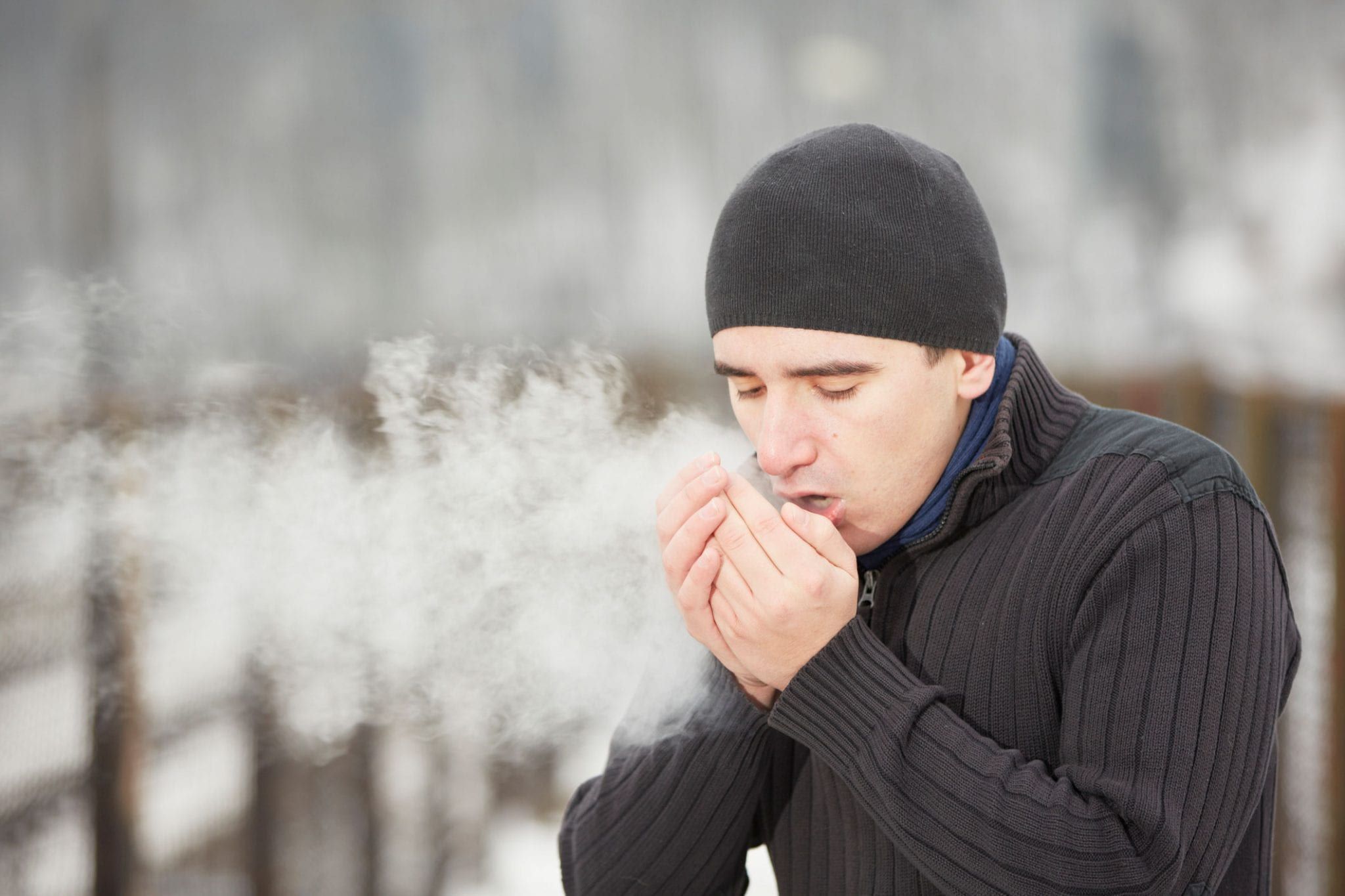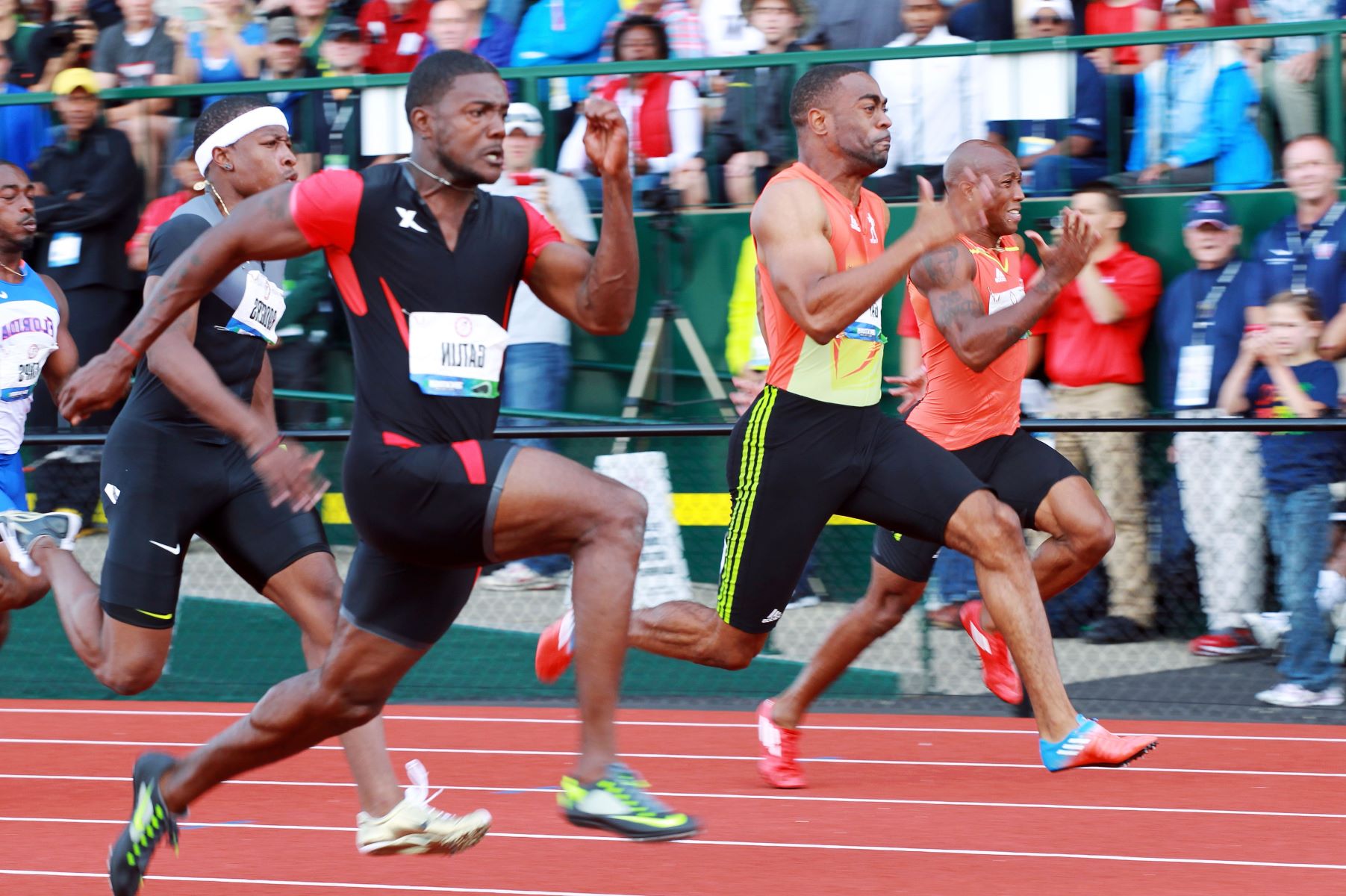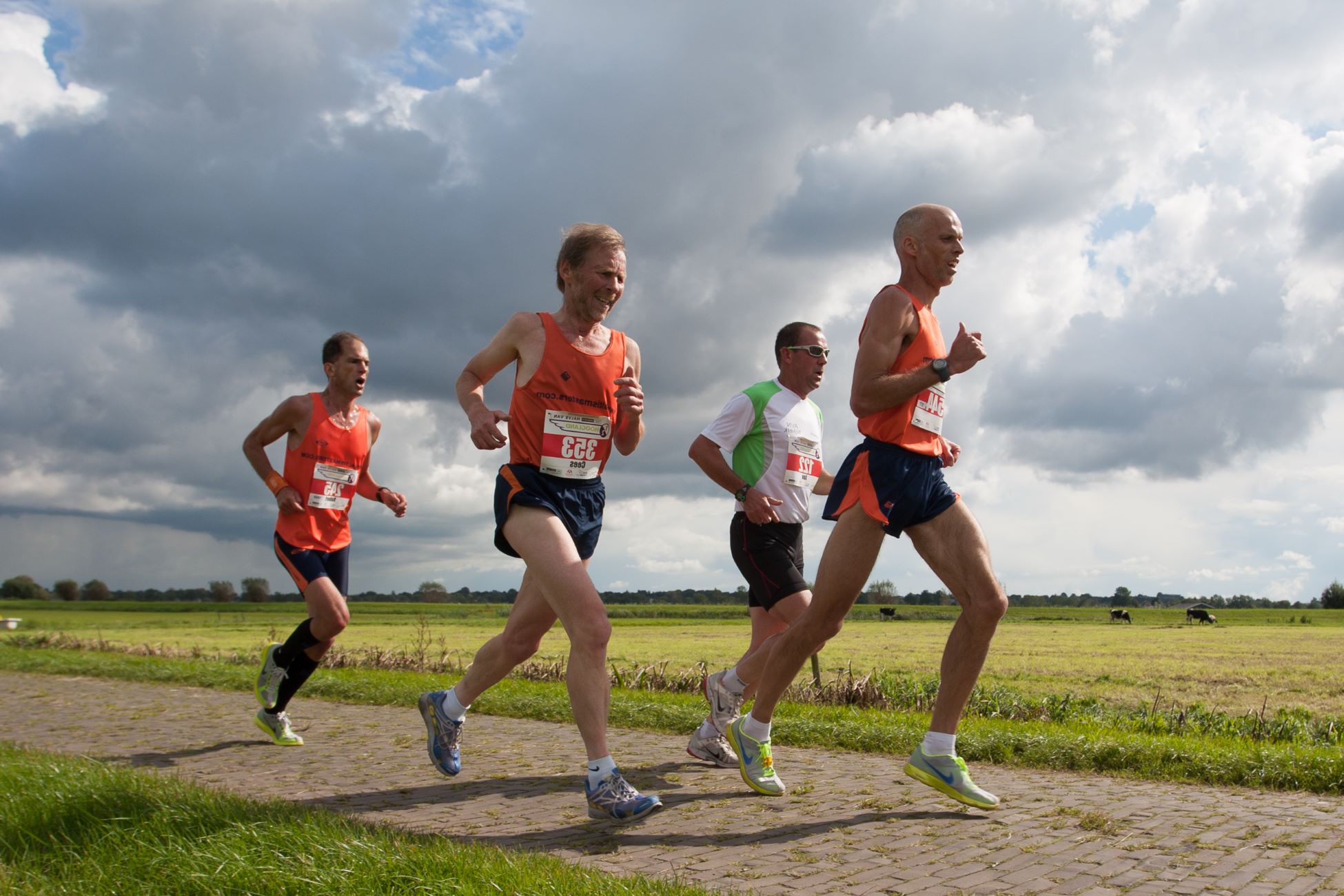Home>Races & Events>How To Handle A Cold That Jeopardizes Your Important Race


Races & Events
How To Handle A Cold That Jeopardizes Your Important Race
Published: February 28, 2024
Prepare for your important race even when battling a cold with our expert tips. Don't let illness derail your racing goals. Learn how to manage a cold and still perform at your best.
(Many of the links in this article redirect to a specific reviewed product. Your purchase of these products through affiliate links helps to generate commission for Therunningadvisor.com, at no extra cost. Learn more)
Table of Contents
Understanding the Symptoms of a Cold
Recognizing the symptoms of a cold is crucial for athletes preparing for an important race. A cold can manifest in various ways, impacting the body and potentially hindering performance. Common symptoms include a runny or congested nose, sore throat, cough, sneezing, mild fatigue, and a general feeling of malaise. It's essential to differentiate between the symptoms of a cold and those of more serious conditions, such as the flu or allergies.
When experiencing a cold, individuals may notice a gradual onset of symptoms, typically starting with a scratchy throat or a runny nose. As the cold progresses, congestion in the nasal passages may increase, leading to difficulty breathing through the nose. Additionally, a persistent cough and mild fatigue may become more pronounced, affecting overall energy levels.
Athletes should pay close attention to any changes in their physical well-being, as these symptoms can impact training and race-day performance. By being attuned to the body's signals, individuals can take proactive measures to address the cold and minimize its impact on their athletic pursuits.
Understanding the nuances of cold symptoms is essential for athletes aiming to maintain peak physical condition. By recognizing the early signs of a cold, individuals can take appropriate steps to manage their health and make informed decisions regarding training and race participation.
Adjusting Your Training Schedule
When faced with a cold that threatens to disrupt an upcoming race, adjusting the training schedule becomes paramount. It's essential to prioritize recovery and allow the body the time it needs to combat the cold effectively. This may involve modifying the intensity and duration of training sessions to accommodate the body's need for rest and healing.
One approach to adjusting the training schedule involves incorporating additional rest days into the regimen. By allowing the body ample time to recuperate, athletes can facilitate the immune system's efforts to combat the cold. This strategic adjustment can prevent the exacerbation of symptoms and reduce the risk of prolonging the illness.
Furthermore, modifying the intensity of workouts can help mitigate the impact of the cold on the body. Instead of pushing through high-intensity training sessions, athletes can opt for lower-intensity activities such as light jogging, walking, or gentle yoga. These forms of exercise can promote blood circulation and aid in maintaining mobility without placing excessive strain on the body.
In addition to adjusting the intensity of workouts, it's crucial to be mindful of the body's signals during training. Athletes should listen to their bodies and be prepared to scale back or modify workouts if symptoms worsen or if fatigue becomes more pronounced. This proactive approach can prevent the exacerbation of the cold and contribute to a swifter recovery.
Moreover, incorporating cross-training activities can offer a well-rounded approach to maintaining fitness while allowing the body to recover from the cold. Engaging in activities such as swimming, cycling, or low-impact strength training can provide a welcome diversion from the usual training routine while supporting overall fitness and well-being.
By adjusting the training schedule to accommodate the body's need for rest and recovery, athletes can navigate the challenges posed by a cold without compromising their long-term performance goals. This proactive approach not only supports the body's healing process but also minimizes the risk of setbacks that could impede race preparation.
Prioritizing Rest and Recovery
Prioritizing rest and recovery is paramount when facing a cold that threatens to derail race preparation. The body's ability to combat illness and restore optimal function hinges on adequate rest, making it a cornerstone of effective recovery. By allocating sufficient time for rest, athletes can bolster their immune systems and expedite the healing process, ultimately minimizing the impact of the cold on their physical well-being.
Rest encompasses more than simply reducing physical activity; it also entails prioritizing quality sleep and allowing the body to recuperate fully. Adequate sleep is instrumental in supporting the immune system's efforts to combat the cold, as it facilitates the release of cytokines, a type of protein that targets infection and inflammation. Moreover, deep, restorative sleep is essential for overall recovery, promoting cellular repair and replenishing energy stores.
In addition to sleep, incorporating periods of relaxation and downtime into the daily routine can further enhance the body's capacity for recovery. Engaging in activities that promote mental and emotional well-being, such as meditation, gentle stretching, or leisurely walks, can alleviate stress and contribute to a sense of overall rejuvenation. These practices not only support physical recovery but also foster a positive mindset, which is instrumental in navigating the challenges posed by illness.
Furthermore, prioritizing rest and recovery involves paying attention to nutritional needs and ensuring that the body receives the essential nutrients required for healing. Consuming a balanced diet rich in vitamins, minerals, and antioxidants can fortify the immune system and aid in combating the cold. Additionally, staying adequately hydrated is crucial for supporting the body's natural detoxification processes and maintaining optimal physiological function.
Athletes should also consider the benefits of active recovery strategies, such as gentle mobility exercises and foam rolling, to promote circulation and alleviate muscle tension. These low-impact activities can enhance recovery by improving blood flow and reducing muscular tightness, contributing to an overall sense of well-being.
By prioritizing rest and recovery, athletes can navigate the challenges posed by a cold with resilience and determination. This proactive approach not only supports the body's healing process but also underscores the significance of holistic well-being in achieving long-term athletic success. Embracing rest as a vital component of the training journey empowers athletes to emerge stronger and more resilient, equipped to tackle the demands of both training and competition with vigor and vitality.
Implementing Proper Hydration and Nutrition
Proper hydration and nutrition play a pivotal role in supporting the body's immune function and optimizing recovery when facing a cold. Maintaining adequate hydration is essential for facilitating the body's natural detoxification processes and supporting overall physiological function. Athletes should prioritize regular intake of water throughout the day, aiming to consume at least 8-10 glasses to sustain optimal hydration levels. Additionally, incorporating hydrating foods such as fruits, vegetables, and herbal teas can contribute to overall fluid intake, further supporting the body's immune response.
In the realm of nutrition, emphasizing a balanced and nutrient-dense diet is crucial for bolstering the body's resilience against illness. Consuming a variety of whole foods, including lean proteins, complex carbohydrates, healthy fats, and an abundance of fruits and vegetables, provides the essential nutrients required for immune function and recovery. Incorporating foods rich in vitamins C and E, zinc, and antioxidants can fortify the body's defenses and aid in combating the cold's effects.
Furthermore, prioritizing the consumption of immune-boosting foods such as citrus fruits, berries, leafy greens, nuts, seeds, and lean proteins can provide the body with the necessary resources to combat illness and expedite the healing process. These nutrient-dense foods offer a wealth of vitamins, minerals, and phytonutrients that support immune function and aid in reducing the severity and duration of cold symptoms.
In addition to focusing on whole foods, athletes should be mindful of their overall caloric intake, ensuring that they consume sufficient energy to support the body's immune response and recovery efforts. While appetite may diminish during illness, it's important to prioritize nutrient-dense foods that provide essential calories and macronutrients to sustain energy levels and facilitate healing.
Moreover, incorporating strategic supplementation, such as vitamin C, zinc, and probiotics, can further bolster the body's immune defenses and aid in combating the cold. These supplements can complement a well-rounded diet, providing additional support for immune function and overall well-being.
By implementing proper hydration and nutrition strategies, athletes can fortify their bodies against the impact of a cold, supporting the immune system's efforts to combat illness and expedite the recovery process. This proactive approach not only enhances the body's resilience but also underscores the pivotal role of nutrition in maintaining optimal health and performance. Embracing a holistic approach to hydration and nutrition empowers athletes to navigate the challenges posed by illness with resilience and determination, ultimately fostering a strong foundation for long-term athletic success.
Utilizing Over-the-Counter Medications
When confronted with a cold that jeopardizes an important race, athletes may consider the utilization of over-the-counter (OTC) medications to alleviate symptoms and expedite recovery. OTC medications, readily available without a prescription, encompass a range of options designed to address specific cold symptoms, offering relief from congestion, coughing, sore throat, and mild discomfort. It's essential for athletes to approach the use of OTC medications judiciously, considering their potential benefits and any associated risks.
One common category of OTC medications utilized for cold symptoms is decongestants, which work to alleviate nasal congestion and sinus pressure. Decongestants function by narrowing the blood vessels in the nasal passages, reducing swelling and promoting easier breathing. Additionally, antihistamines are frequently employed to counteract allergy symptoms and manage sneezing, runny nose, and itching. These medications can provide relief from nasal congestion and other related symptoms, contributing to a greater sense of comfort and well-being.
Moreover, cough suppressants and expectorants are commonly used to address coughing associated with a cold. Cough suppressants work to inhibit the body's urge to cough, providing temporary relief from persistent coughing. On the other hand, expectorants function to thin mucus and facilitate its expulsion, aiding in clearing the airways and alleviating cough symptoms. By targeting specific aspects of coughing, these medications can help athletes manage respiratory discomfort and promote a more comfortable recovery.
It's important to note that while OTC medications can offer symptomatic relief, athletes should exercise caution and adhere to recommended dosages. Overuse or misuse of OTC medications can lead to adverse effects and potential interactions with other substances. Additionally, individuals with pre-existing medical conditions or those taking other medications should consult with a healthcare professional before using OTC cold remedies to ensure compatibility and minimize the risk of complications.
Incorporating OTC medications into a comprehensive approach to managing a cold can provide athletes with symptomatic relief, allowing them to navigate the challenges posed by illness more comfortably. By leveraging the benefits of OTC medications in conjunction with rest, hydration, and nutrition, athletes can support their bodies' natural healing processes and mitigate the impact of the cold on their overall well-being. It's essential for athletes to approach the use of OTC medications with mindfulness and awareness, prioritizing their health and recovery as they prepare for upcoming races.
Seeking Professional Medical Advice
Seeking professional medical advice is paramount when navigating the impact of a cold on race preparation. While self-care strategies and over-the-counter remedies can offer symptomatic relief, consulting with a healthcare professional provides invaluable guidance tailored to individual health needs. Athletes facing a cold that jeopardizes their important race should prioritize seeking medical advice to ensure a comprehensive and personalized approach to managing their well-being.
A healthcare professional, such as a primary care physician or a sports medicine specialist, possesses the expertise to assess the severity of the cold and its potential implications for athletic performance. By conducting a thorough evaluation, including a review of symptoms, medical history, and current training regimen, a healthcare provider can offer insights into the most effective strategies for managing the cold while minimizing its impact on race preparation. Additionally, healthcare professionals can identify any underlying conditions or risk factors that may exacerbate the effects of the cold, enabling them to tailor recommendations to address specific health concerns.
Furthermore, seeking professional medical advice facilitates the identification of any potential complications associated with the cold, particularly in the context of rigorous athletic training. Healthcare professionals can offer guidance on managing symptoms, adjusting training schedules, and implementing targeted interventions to support the body's recovery. Their expertise extends to the realm of performance optimization, allowing them to provide tailored recommendations that align with an athlete's specific race goals and training objectives.
In addition to addressing the immediate impact of the cold, consulting with a healthcare professional fosters a proactive approach to long-term health and performance. By establishing a collaborative relationship with a trusted medical provider, athletes can gain valuable insights into strategies for bolstering immune function, optimizing recovery, and minimizing the risk of future illness-related setbacks. This comprehensive approach not only supports the management of the current cold but also empowers athletes to cultivate resilience and well-being as they pursue their athletic endeavors.
Ultimately, seeking professional medical advice serves as a cornerstone of responsible and proactive cold management for athletes preparing for important races. By leveraging the expertise of healthcare professionals, athletes can navigate the challenges posed by illness with confidence, knowing that they are equipped with personalized strategies to support their health and performance. Embracing the guidance of medical experts underscores a commitment to holistic well-being and sets the stage for sustained athletic success.


